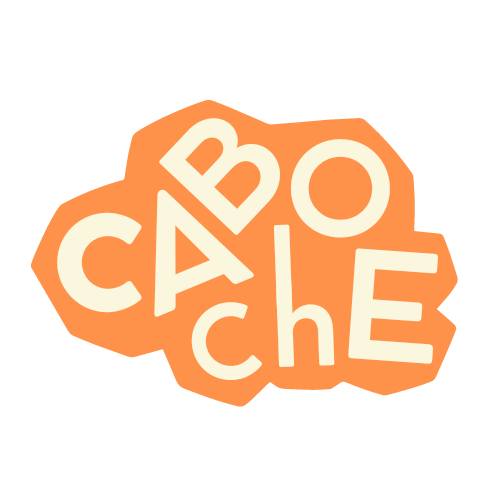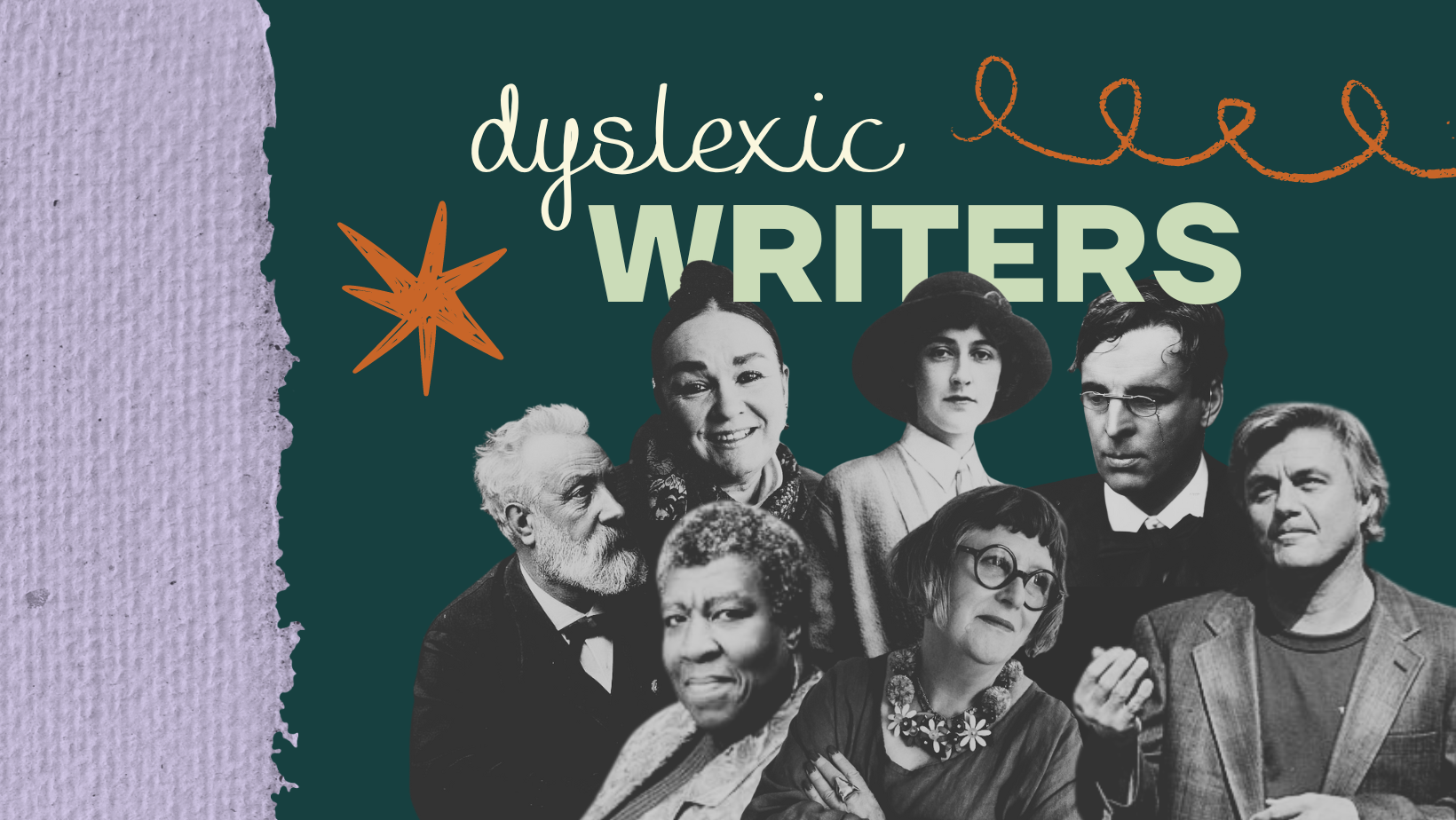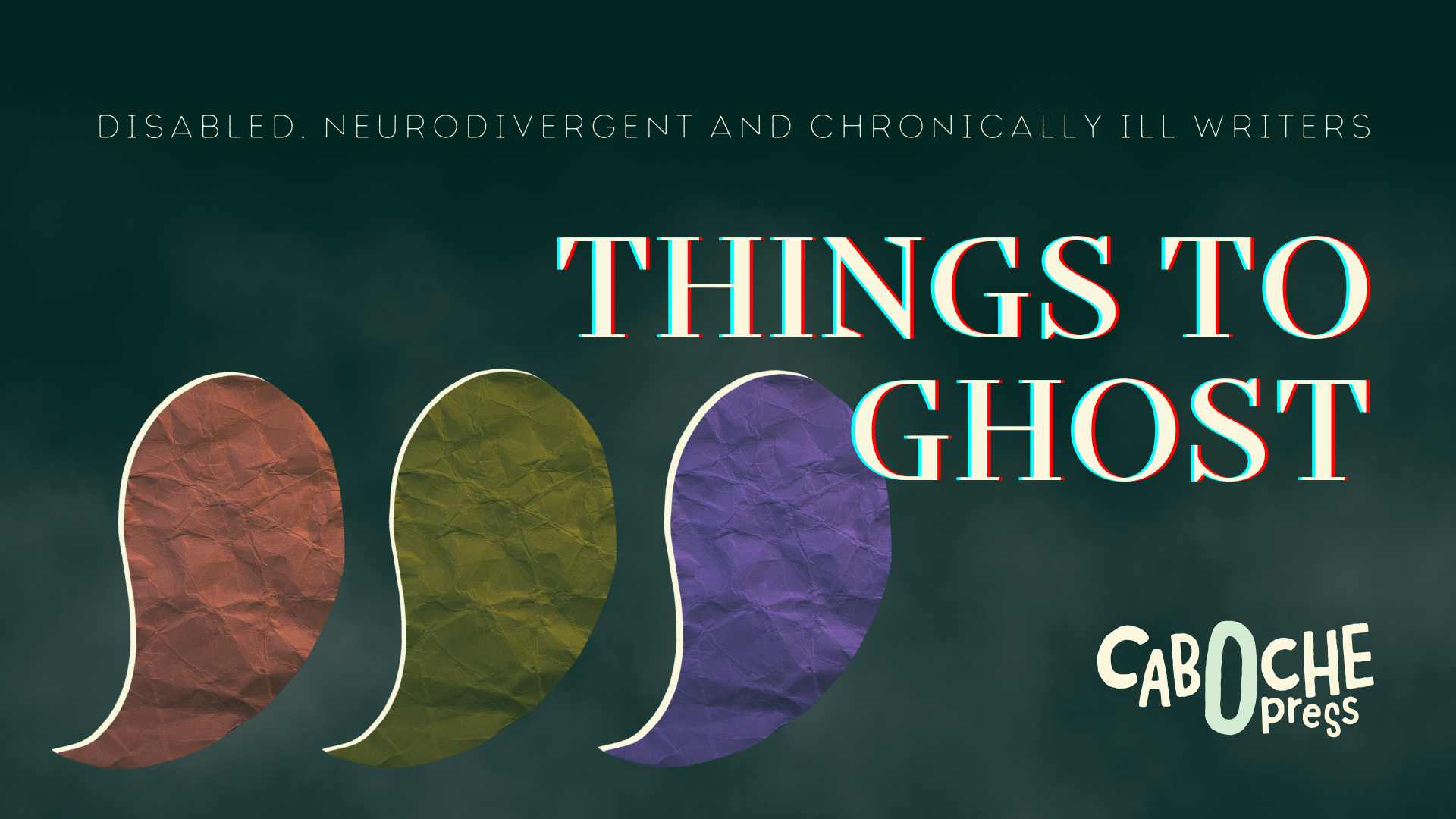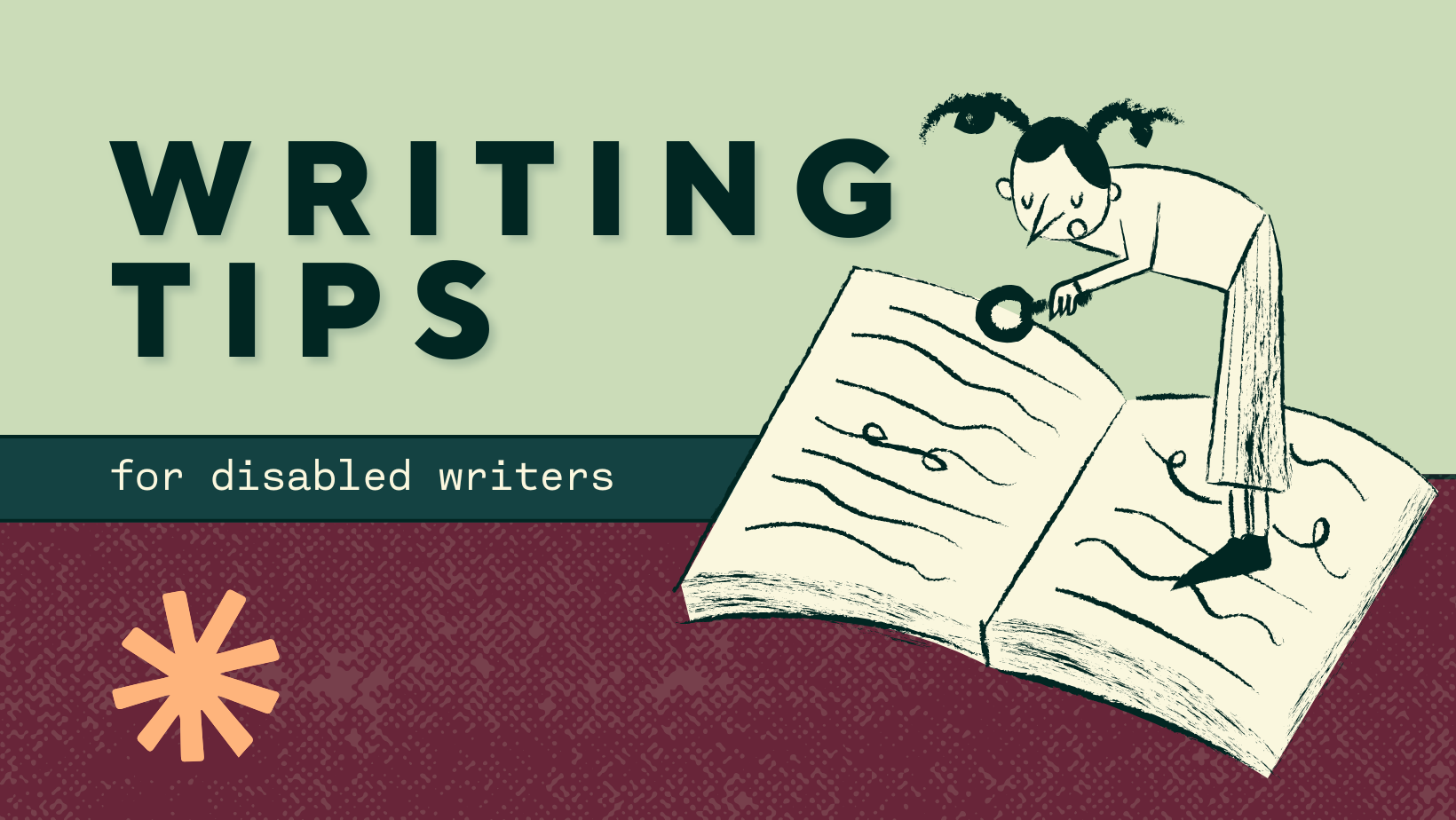As we recognize World Dyslexia Awareness Day, it’s important to reflect on how dyslexia, a condition often misunderstood, has shaped some of the most extraordinary literary voices throughout history!
Dyslexia doesn’t limit creativity – in fact, many renowned authors have either been diagnosed or are believed to have had dyslexia, proving that challenges with reading and writing don’t define one’s ability to tell captivating stories.
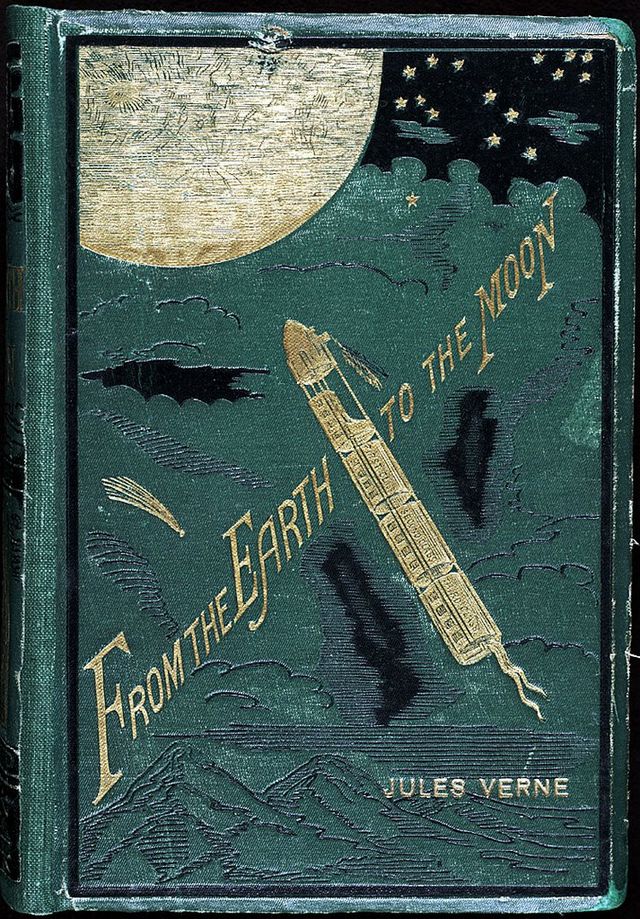
1. Jules Verne
French writer recognized as the father of science fiction, Jules Verne, is best known for his imaginative works such as Twenty Thousand Leagues Under the Sea and Journey to the Center of the Earth.
Although dyslexia wasn’t widely understood during his time, it’s believed Verne struggled with reading and writing in his youth. Some suspect he may also have had ADHD. Despite these challenges, Verne created complex worlds that stretched the boundaries of science and imagination, proving that a different way of processing language could lead to visionary storytelling.
2. Octavia E. Butler
Widely acclaimed for her work in the science fiction genre, Octavia E. Butler broke barriers both as a woman of color and as a writer believed to have been dyslexic.
Butler’s unique approach to storytelling, seen in works like Kindred and Parable of the Sower, was deeply influenced by her tenacity and perseverance. She didn’t let her challenges with traditional learning stop her from earning the MacArthur Fellowship, colloquially known as the “Genius Grant” and becoming one of the most influential science fiction authors of her time.
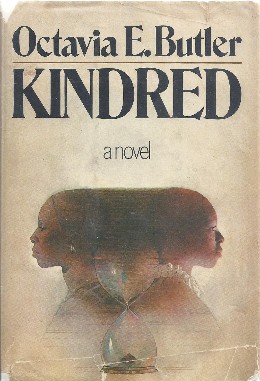
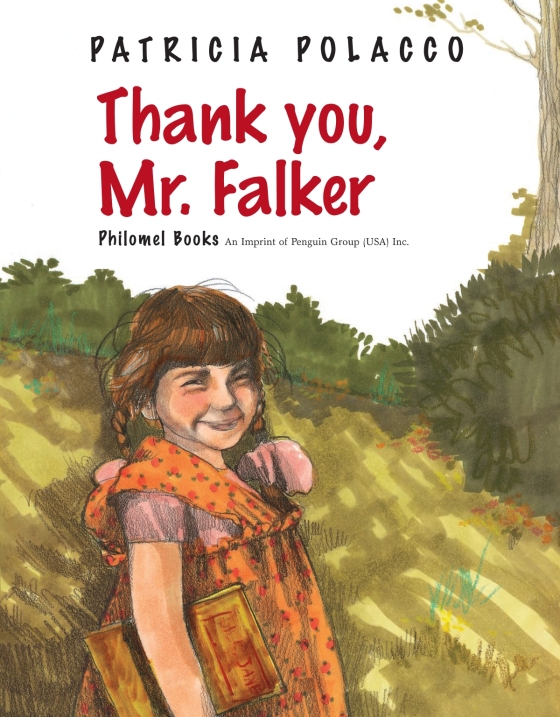
3. Patricia Polacco
Children’s book author and illustrator Patricia Polacco didn’t learn to read until she was 14, due to her dyslexia. But that didn’t stop her from falling in love with stories.
Her works, such as Thank You, Mr. Falker, draw directly from her own struggles with reading and celebrate the teachers who believed in her. Polacco’s books, cherished by children and adults alike, show how empathy and creativity can flourish when obstacles like dyslexia are met with compassion and support.
4. Sally Gardner
Award-winning British author Sally Gardner didn’t learn to read until she was 14 due to severe dyslexia. Describing herself as “word blind” in her youth, Gardner’s experiences with this learning difficulty became a driving force behind her work.
In her Maggot Moon series and I, Coriander, she portrays worlds where outcasts and unconventional thinkers shine. Gardner’s success as a dyslexic writer has made her a vocal advocate, inspiring countless readers and aspiring writers to embrace their uniqueness.
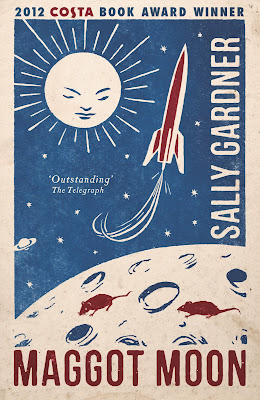
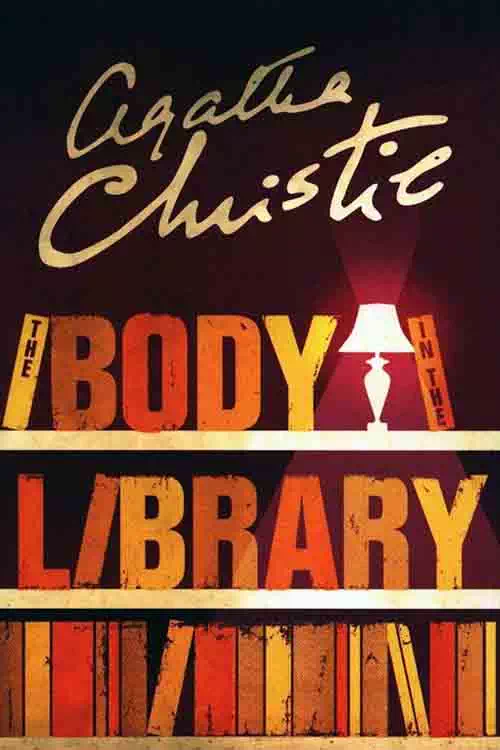
5. Agatha Christie
The queen of mystery, Agatha Christie, penned some of the world’s most famous detective novels. Christie admitted she struggled with spelling. While it is widely accepted she likely had dysgraphia, many believe was also dyslexic.
However, that didn’t stop her from becoming one of the best-selling authors of all time. Christie’s ability to weave intricate plots and create unforgettable characters like Hercule Poirot and Miss Marple speaks to how her creative mind thrived, despite any learning difficulties she may have faced.
6. John Irving
John Irving, the celebrated author of The World According to Garp, was diagnosed with dyslexia at a young age. His early struggles with reading were profound, but they didn’t deter him from pursuing his passion for writing.
Irving has been open about how his dyslexia shaped his methodical approach to writing, often drafting multiple versions of a sentence before settling on the right one. His perseverance and dedication have resulted in critically acclaimed works that resonate with readers globally.
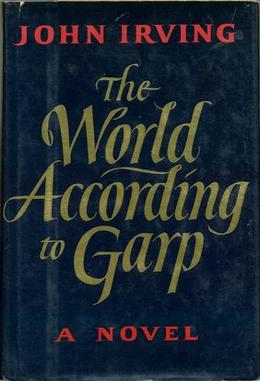
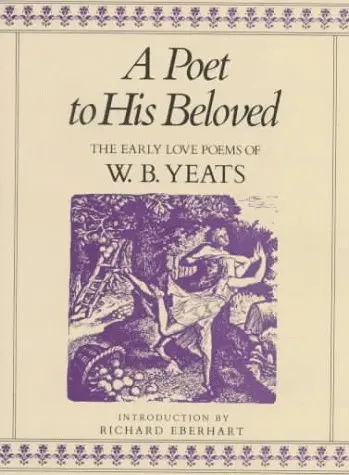
7. W.B. Yeats
Irish poet and Nobel laureate William Butler Yeats is believed to have been dyslexic. Though formal diagnoses didn’t exist during his time, many experts agree there is substantial evidence to support his dyslexia.
Known for his evocative poetry and contributions to the Irish literary renaissance, Yeats’ influence on modern poetry is unquestionable, and his ability to craft complex, symbol-rich poems stands as a testament to how dyslexia does not inhibit creativity.
Dyslexia and Creativity: A Different Perspective
If success is any indicator, the writers mentioned above demonstrate that dyslexia can be a source of creativity. They embraced their different ways of thinking and processing information to produce works that have shaped literature. Dyslexia may alter how one approaches reading or writing, but it doesn’t limit imagination. These authors show us that sometimes, thinking differently is exactly what the world needs.
World Dyslexia Awareness Day reminds us not only of the challenges dyslexic folks face, but also of their remarkable potential!
How to Support Dyslexic Writers
- Celebrate diverse thinking and the unique perspectives dyslexic writers bring to storytelling.
- Provide access to tools like audiobooks, speech-to-text software and dyslexia-friendly fonts that can help reduce barriers.
- Encourage the next generation of dyslexic writers by offering mentorship, resources, and positive role models.
At Caboche, we believe that everyone can write and we empower neurodivergent writers (and writers-to-be) to craft their own stories.
If you have a story to tell, contact us meg@cabochepress.com today!
